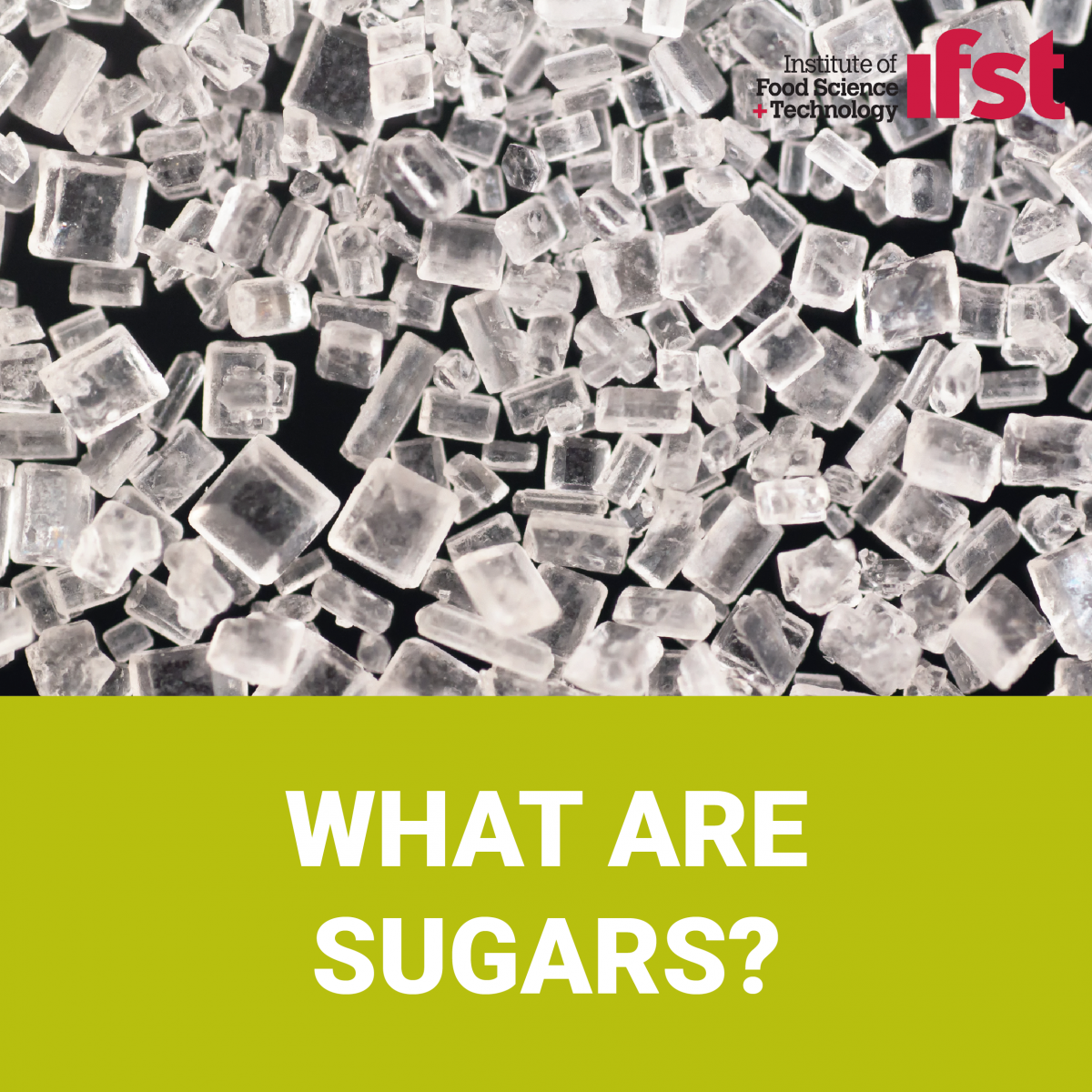Public Health England (PHE) have published a report on sugar reduction (2015-2018) in which they claim that “as a nation we are on average consuming too much sugar– which can often mean too many calories, leading to weight gain and obesity.”
Following this, the sugar reduction programme has challenged the food industry to reduce 20% of sugar from the food categories contributing the most to children’s diets, by 2020. The reductions in sugar should also be accompanied by reductions in calories where possible.
However, the average sugar reduction in sweet products, fell only 2.9% for retailer own brand and manufacturer branded foods, since 2015. For products purchased from the out of home sector, there has been a 4.9% reduction in average sugar content since 2017.
N.B. “The results for retailer own brand and manufacturer branded foods cannot be directly compared with the out of home sector. This is because of the difference in the metrics used - sales weighted average for retailers and manufacturers and simple averages for the out of home sector – and because the baseline is different. Also, there may be bias as nutritional information is not available for some outlets in the out of home sector.”
The categories of foods that are required to reduce their sugar content by 20% by 2020 are:
- Breakfast cereals (-8.5%)
- Yoghurts and Fromage Frais (-10.3%)
- Ice cream, lollies and sorbets (-0.3%)
- Sweet confectionary (+0.6%)
- Chocolate confectionary (-0.3%)
- Cakes (-4.8%)
- Morning Goods (-3.6%)
- Sweet spreads and sauces (-4.6%)
- Biscuits (-0.6%)
- Puddings (+0.5%)
So, what does this all mean?
Based on simple average sugar levels, it appears that the out of home sector appear to have made more progress towards the government’s ambitions on sugar reduction in comparison to the retailers and manufacturers.
As this initiative is continuing till 2020, PHE will provide a progress report in the first half of 2020 to provide a further assessment of progress by all sectors of industry towards achieving the 20% reduction.
If you’d like to find out more about sugars and their role in our food, We have made a Food Science factsheet all about sugars.

